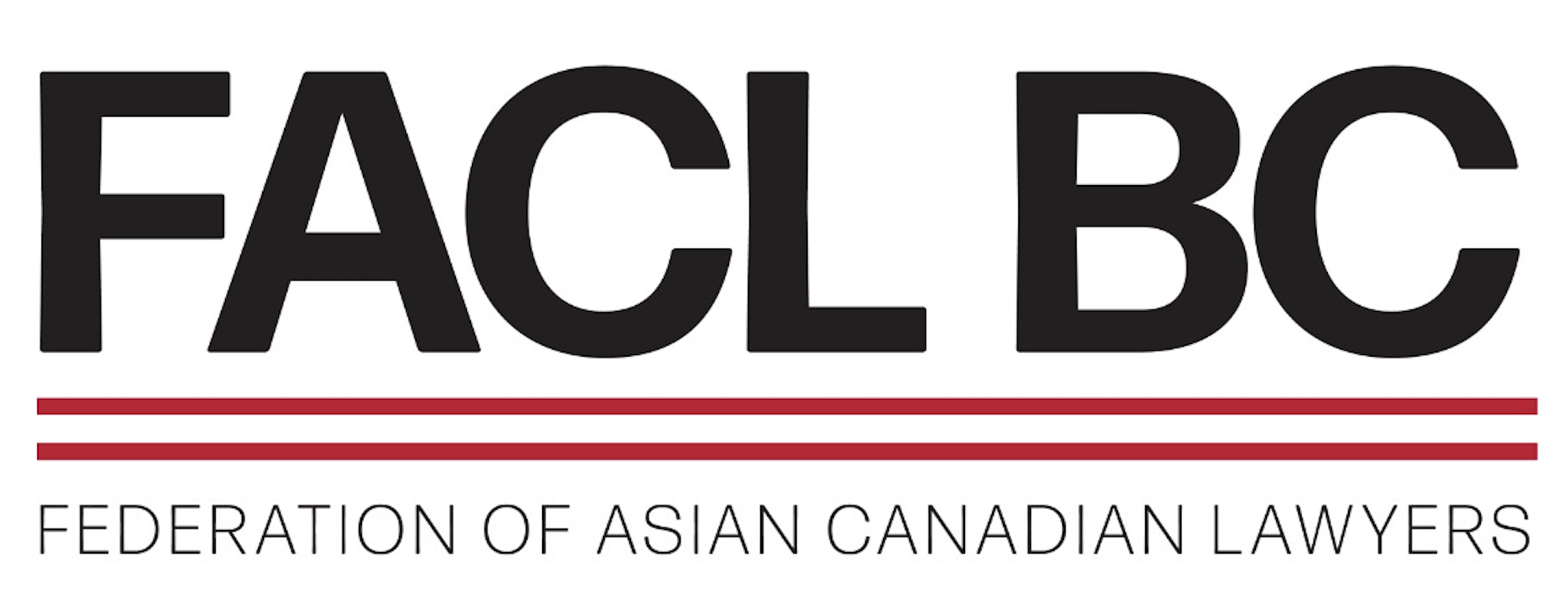Ahead of the upcoming Annual General Meeting for the Law Society of British Columbia (the “Law Society”), two members have proposed a Member Resolution (“Resolution 3”) that seeks to amend the Law Society’s mandatory Indigenous Intercultural Course by altering the description of the findings at the Kamloops Indian Residential School site.
FACL BC denounces the language of denialism present in Resolution 3, which undermines the lived experiences and testimonies of Indigenous residential school survivors, whose voices are crucial in understanding the historical and ongoing impacts of these institutions.
The Tkʼemlúps te Secwépemc Nation issued a statement on May 27, 2024 regarding the Kamloops Indian Residential School site stating:
At this time, we are deep into the investigative work. Our approach is multidisciplinary and includes the following:
- Archival and documentary research and analysis
- Wenecwtsínem (truth telling) with KIRS Survivors
- Archaeological and anthropological surveys and studies
- Potential DNA and other forensic methods
Our investigative findings (and investigative steps) are currently being kept confidential to preserve the integrity of the investigation. Our investigators’ findings to date are consistent with the presence of unmarked burials. When we reach our next milestone, we will be sure to update you.
[emphasis added]
The Law Society’s Executive Director has also noted that they take any suggestions with respect to the Indigenous Training course seriously, and require time to review background information, other resources and consultation before next steps are taken.
The BC First Nations Justice Council (BCFNJC) also released a statement calling Resolution 3 racist and harmful.
We urge the Law Society to maintain its commitment to truth and reconciliation by ensuring that its educational content continues to reflect the voices and truths of Indigenous communities, particularly in the face of rising residential school denialism in Canada. It is vital to respect and uphold these perspectives as part of our collective responsibility towards reconciliation and justice. We note that the Truth and Reconciliation Commission of Canada’s Calls to Action emphasized that lawyers and Law Societies have a responsibility to respect Indigenous legal traditions and rights.
FACL BC has always and continues to stand in solidarity with Indigenous communities and remains committed to promoting understanding and awareness of the historical injustices faced by Indigenous peoples in Canada. It is our position that denialism of any form goes against FACL BC’s mission statement and values, and we ask our members to consider voting against Resolution 3 before or during the Law Society’s AGM on September 24, 2024.
Disclaimer: The views set out in this Statement are those of the FACL BC Board and do not necessarily reflect the personal views of FACL BC directors or members.
